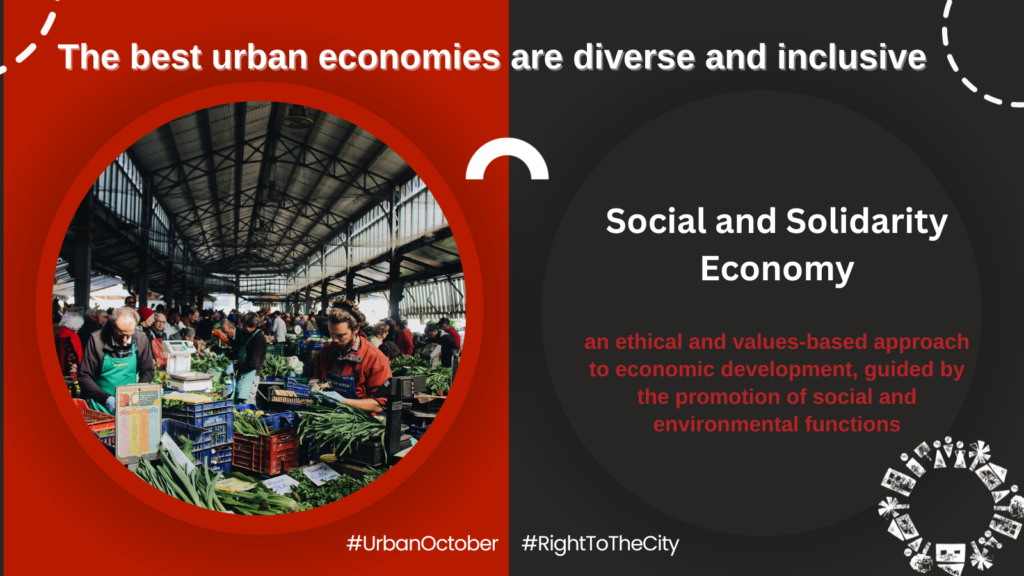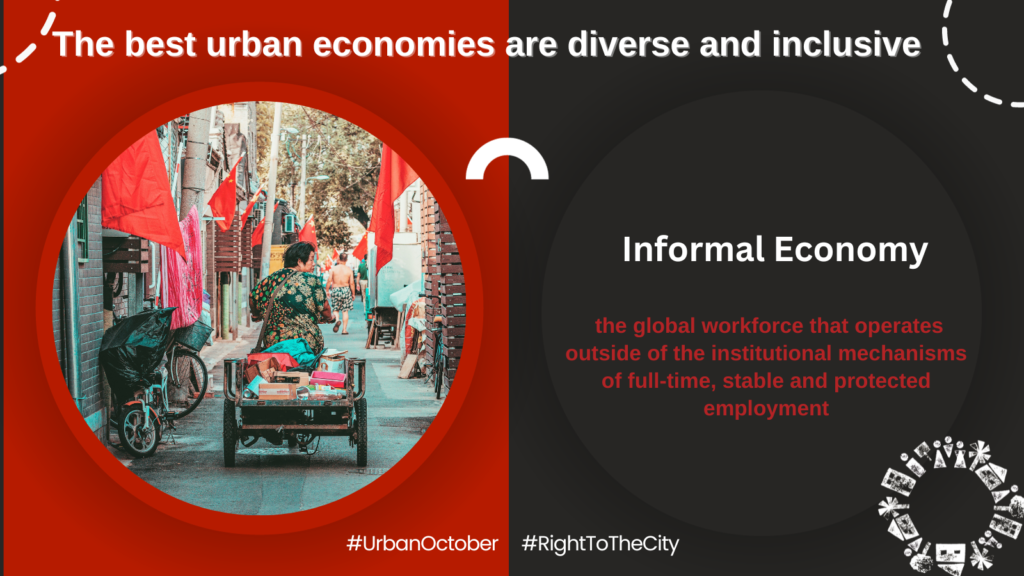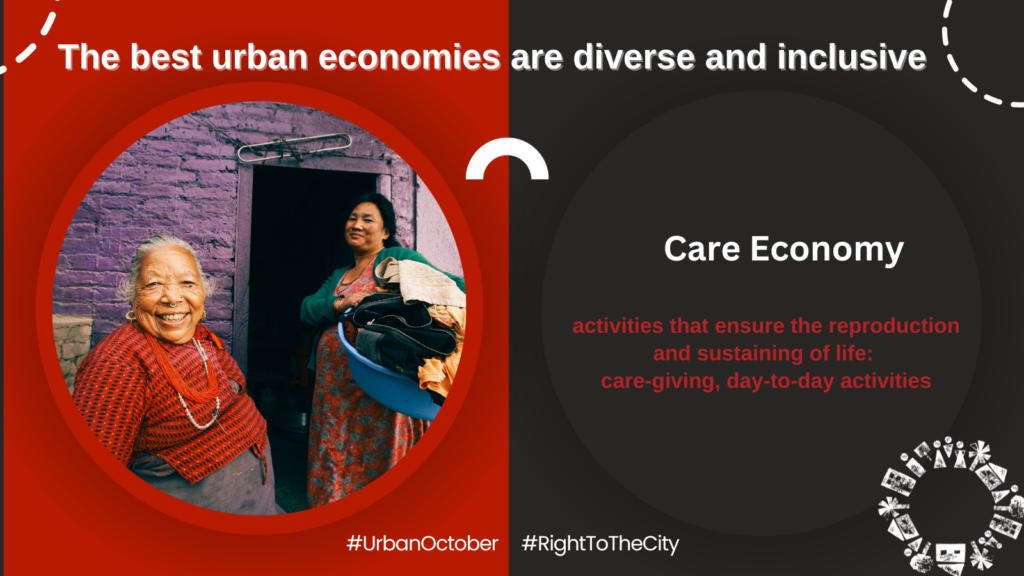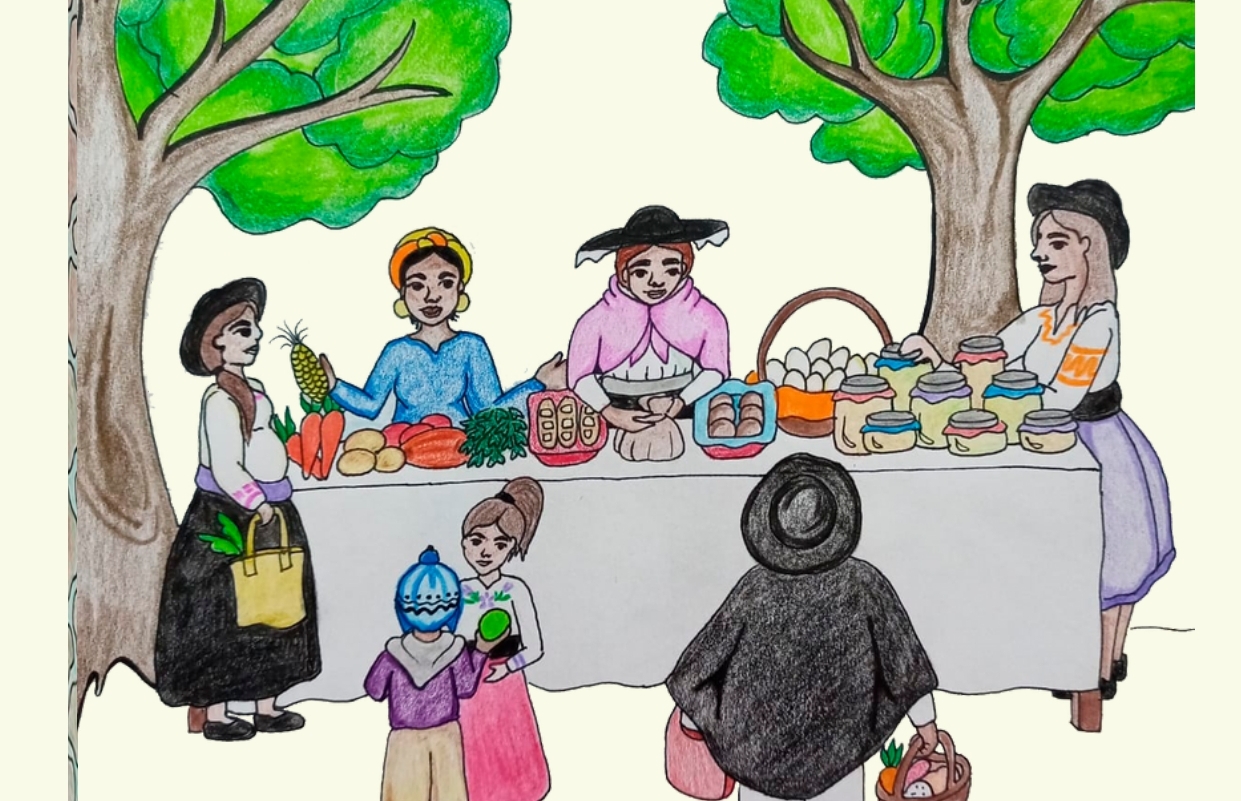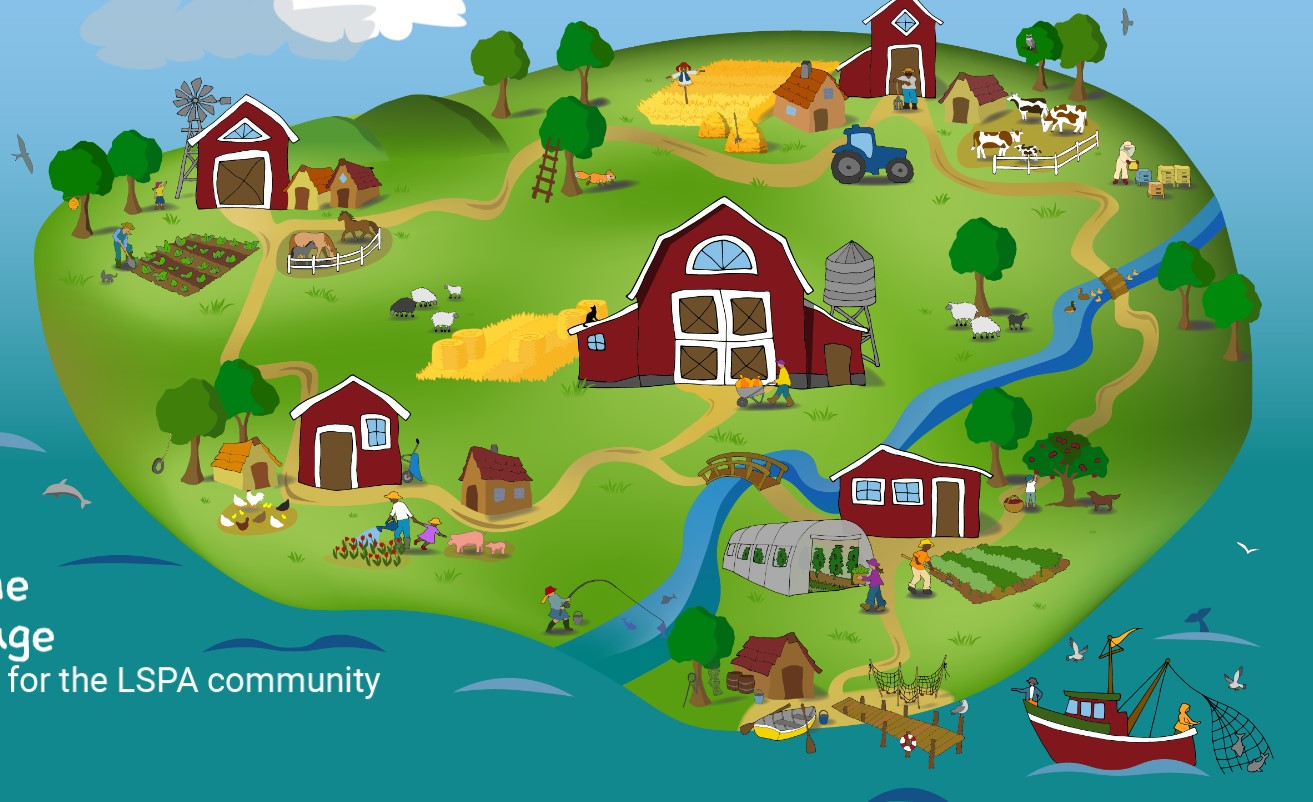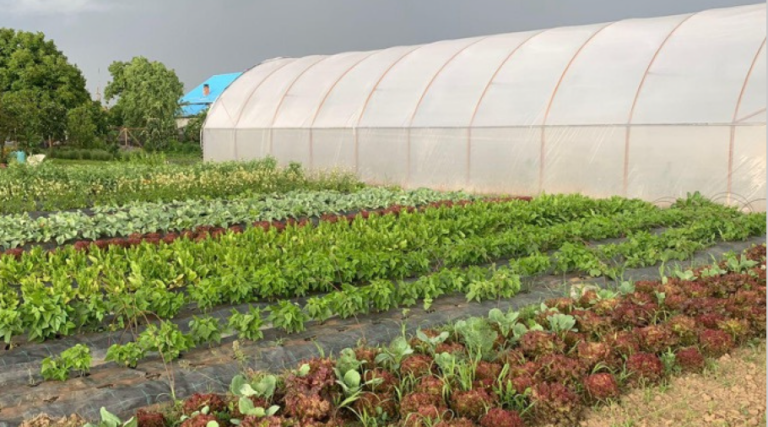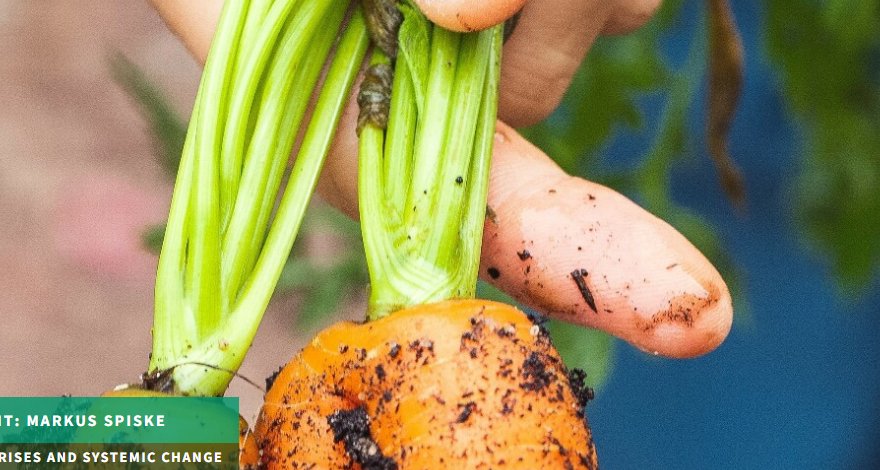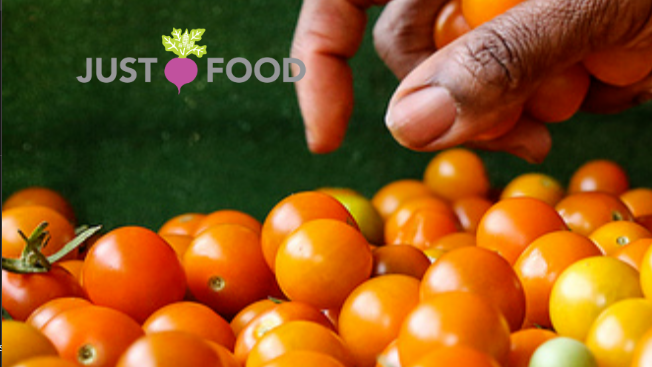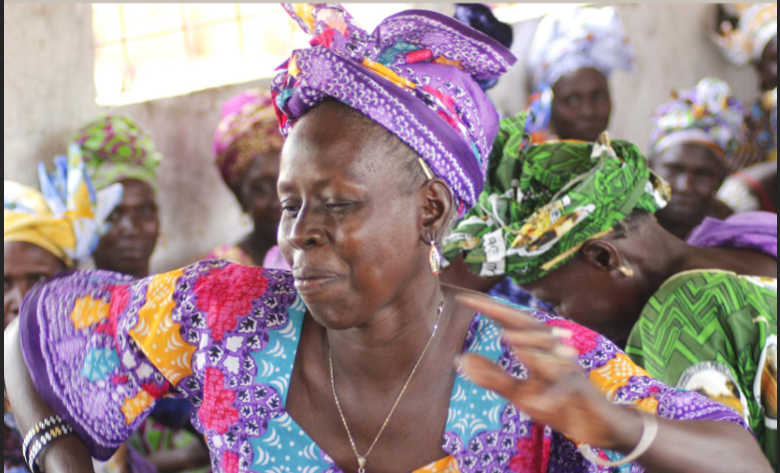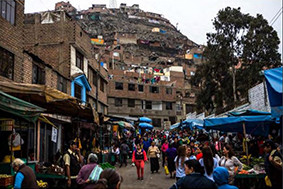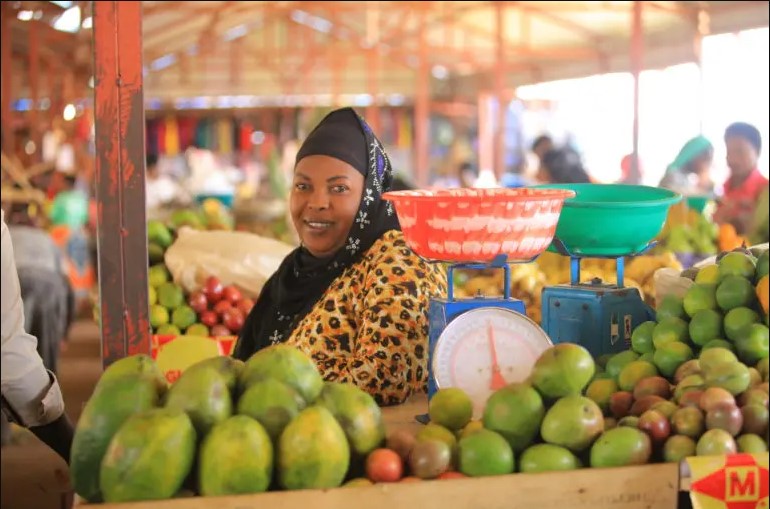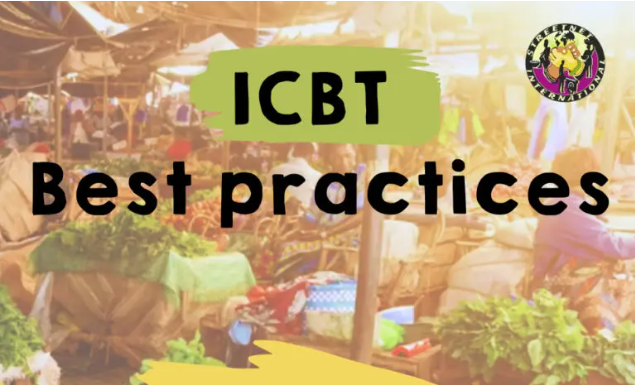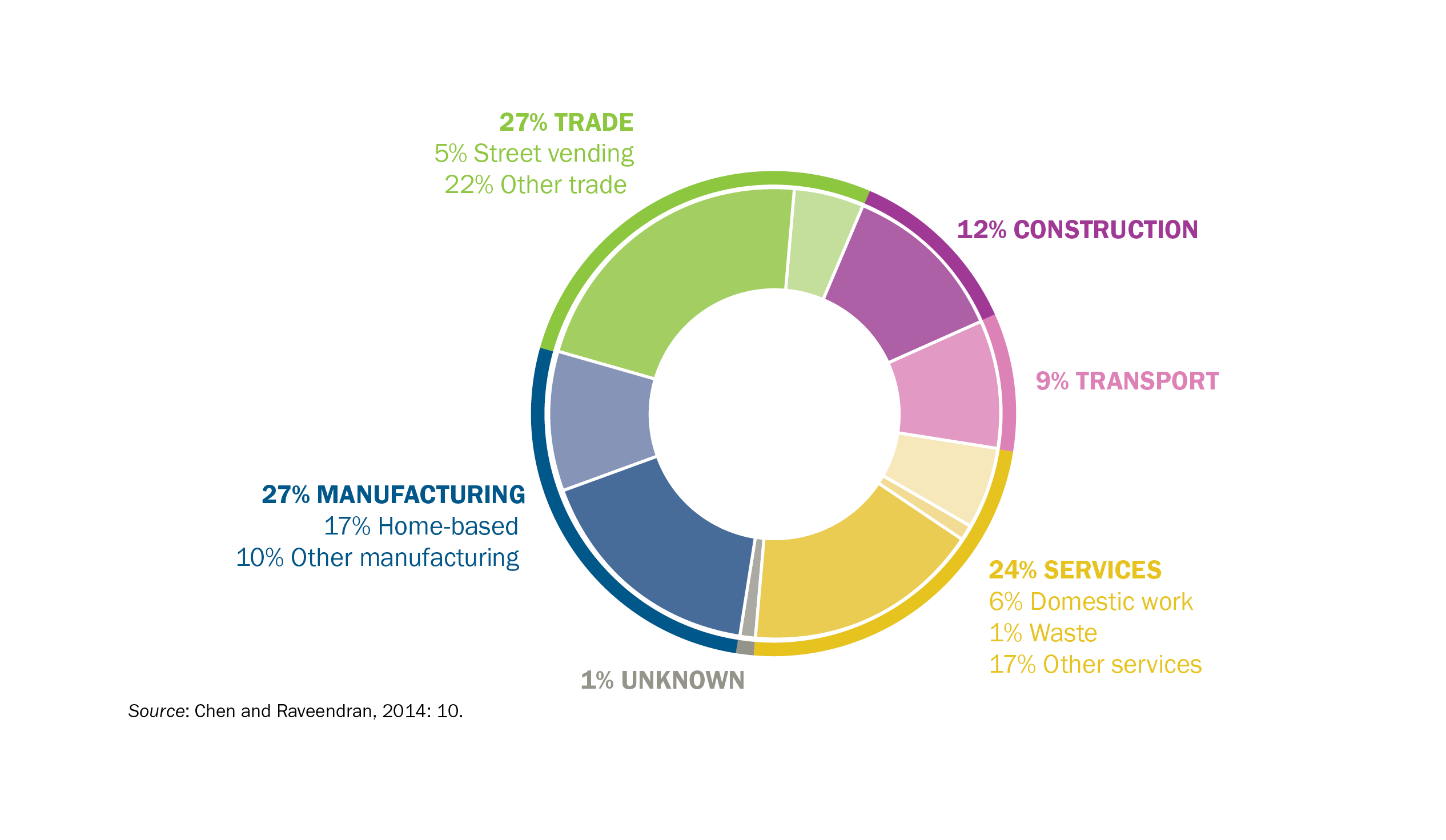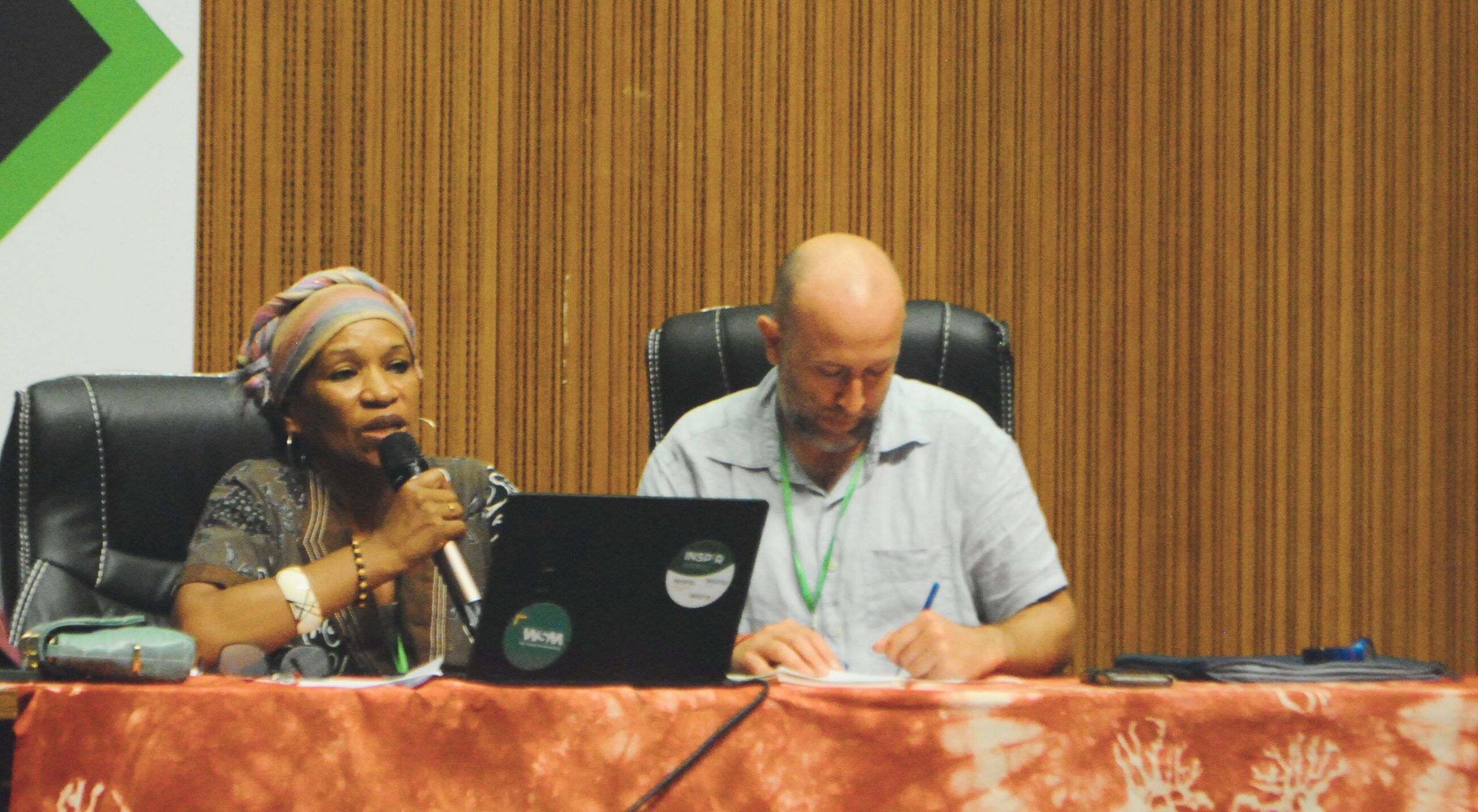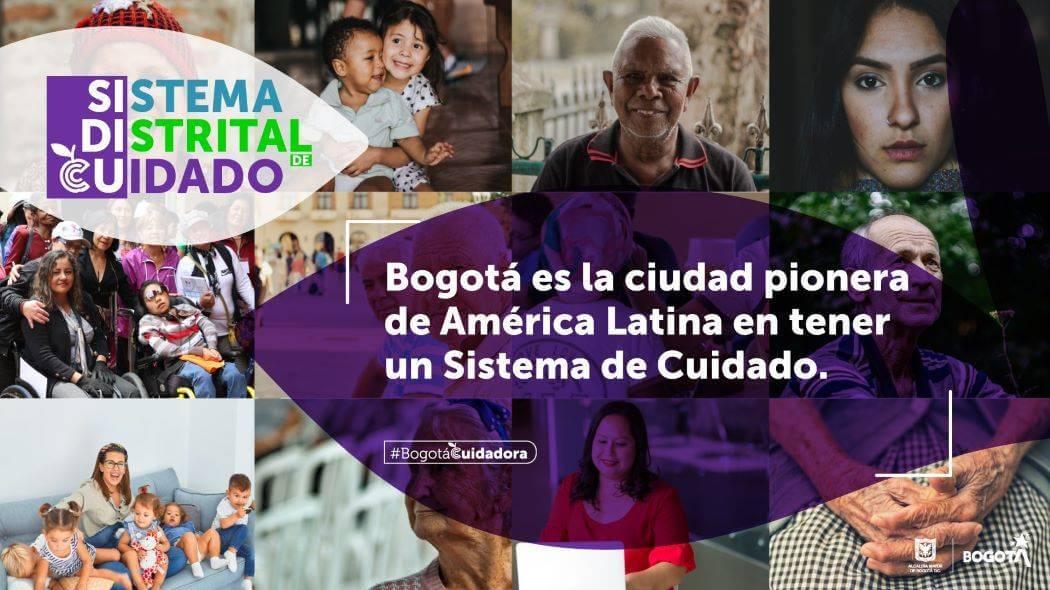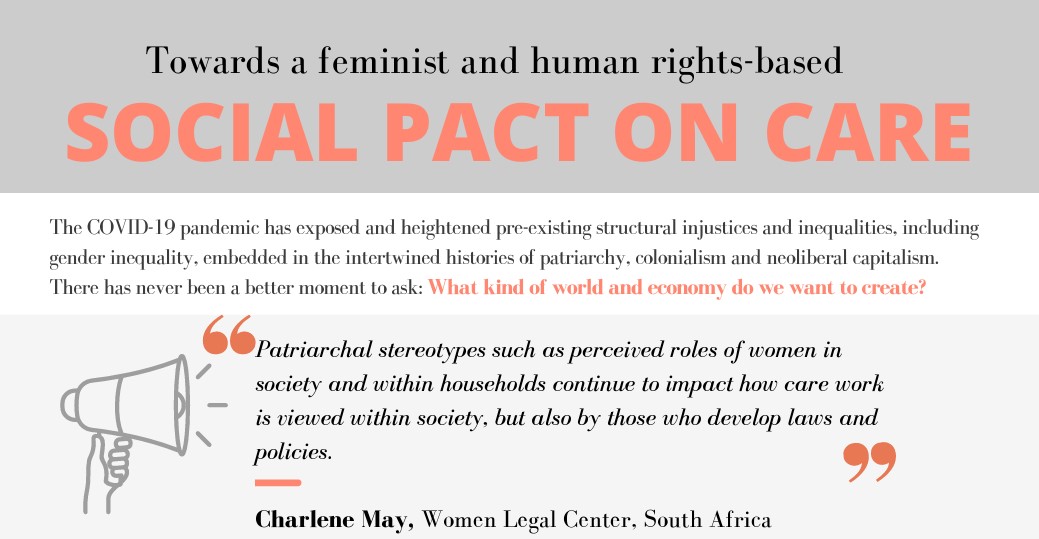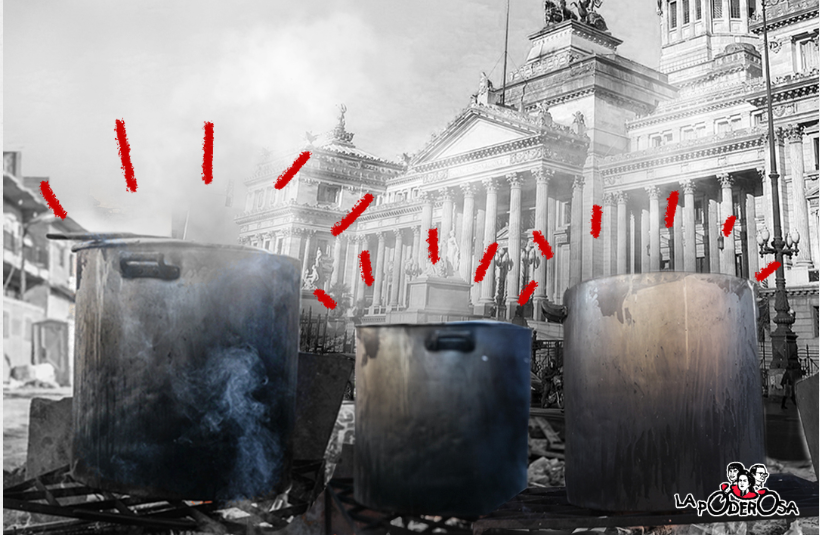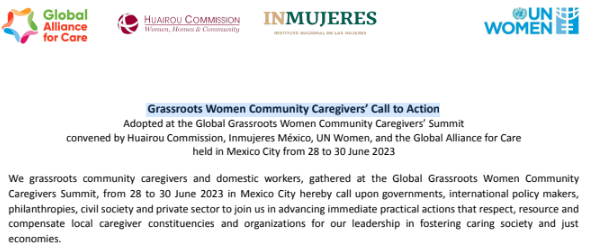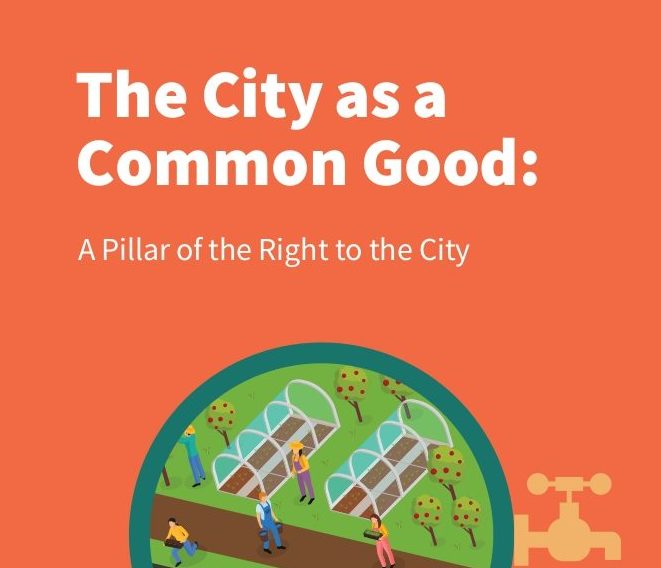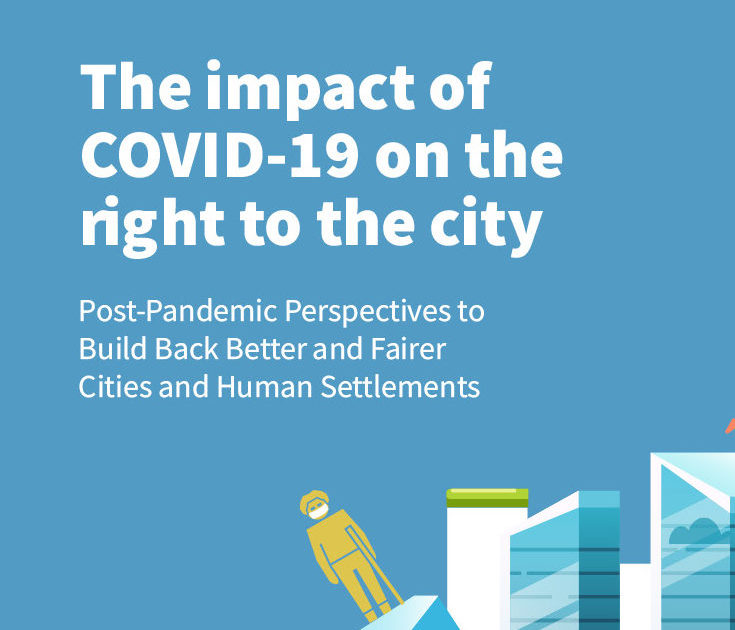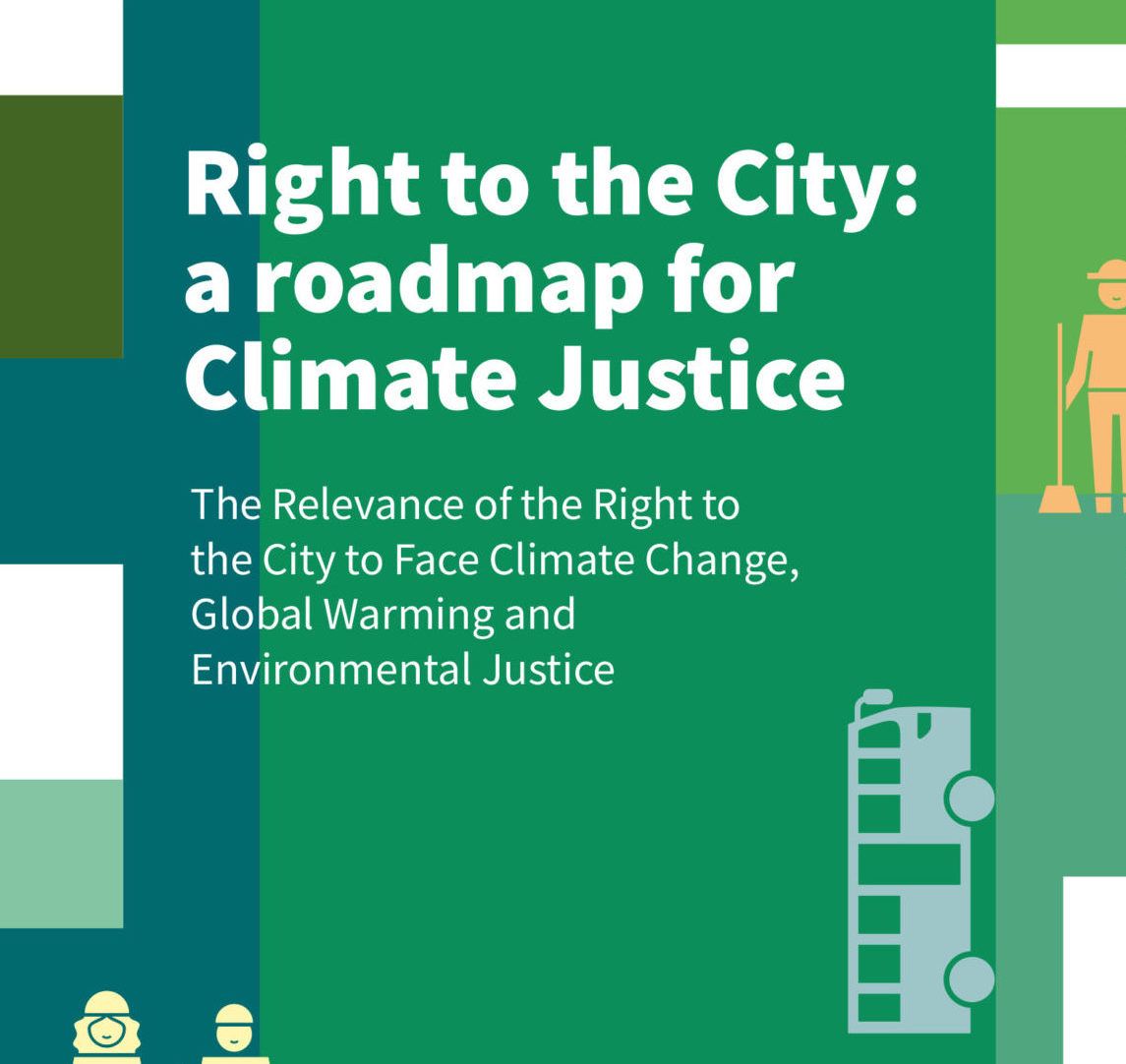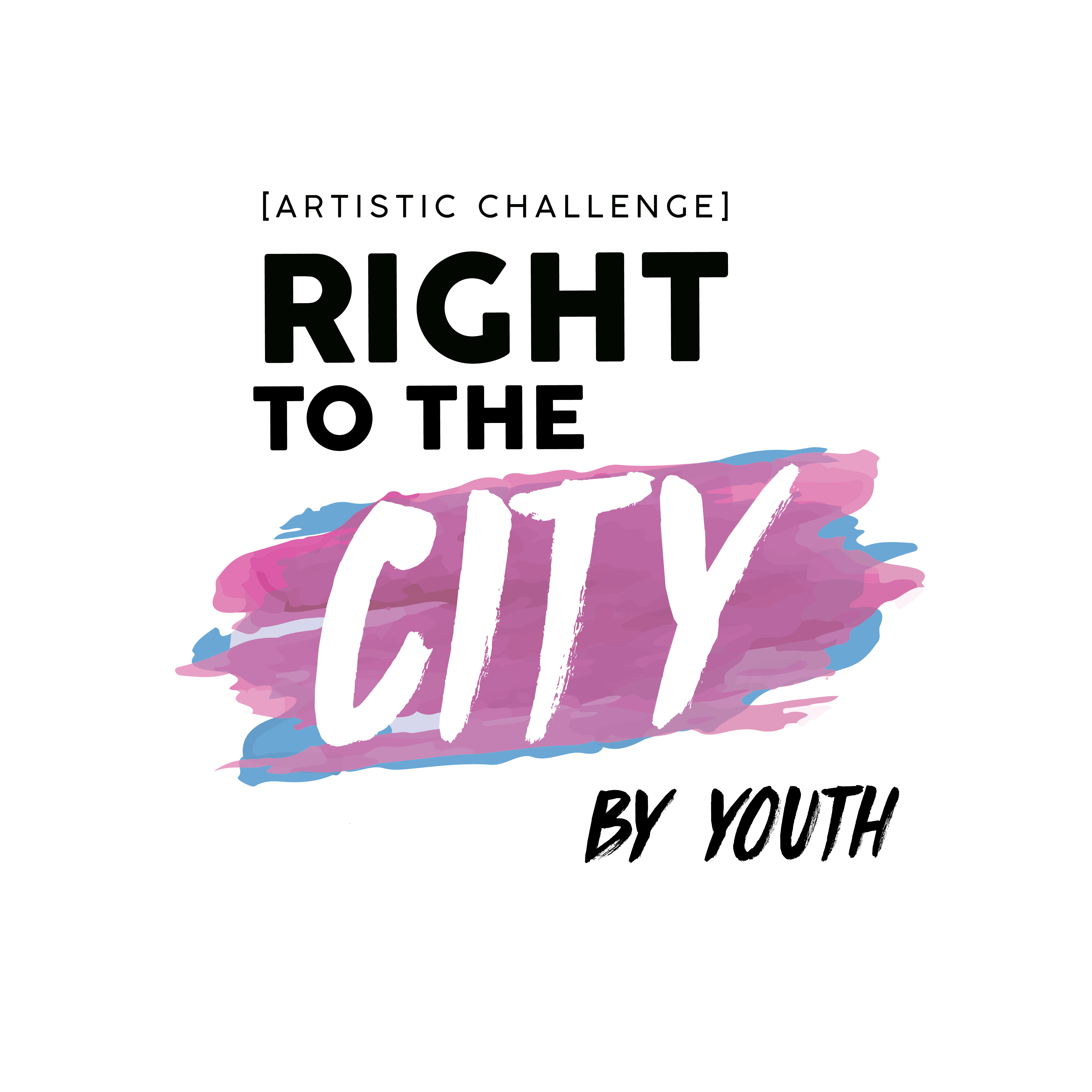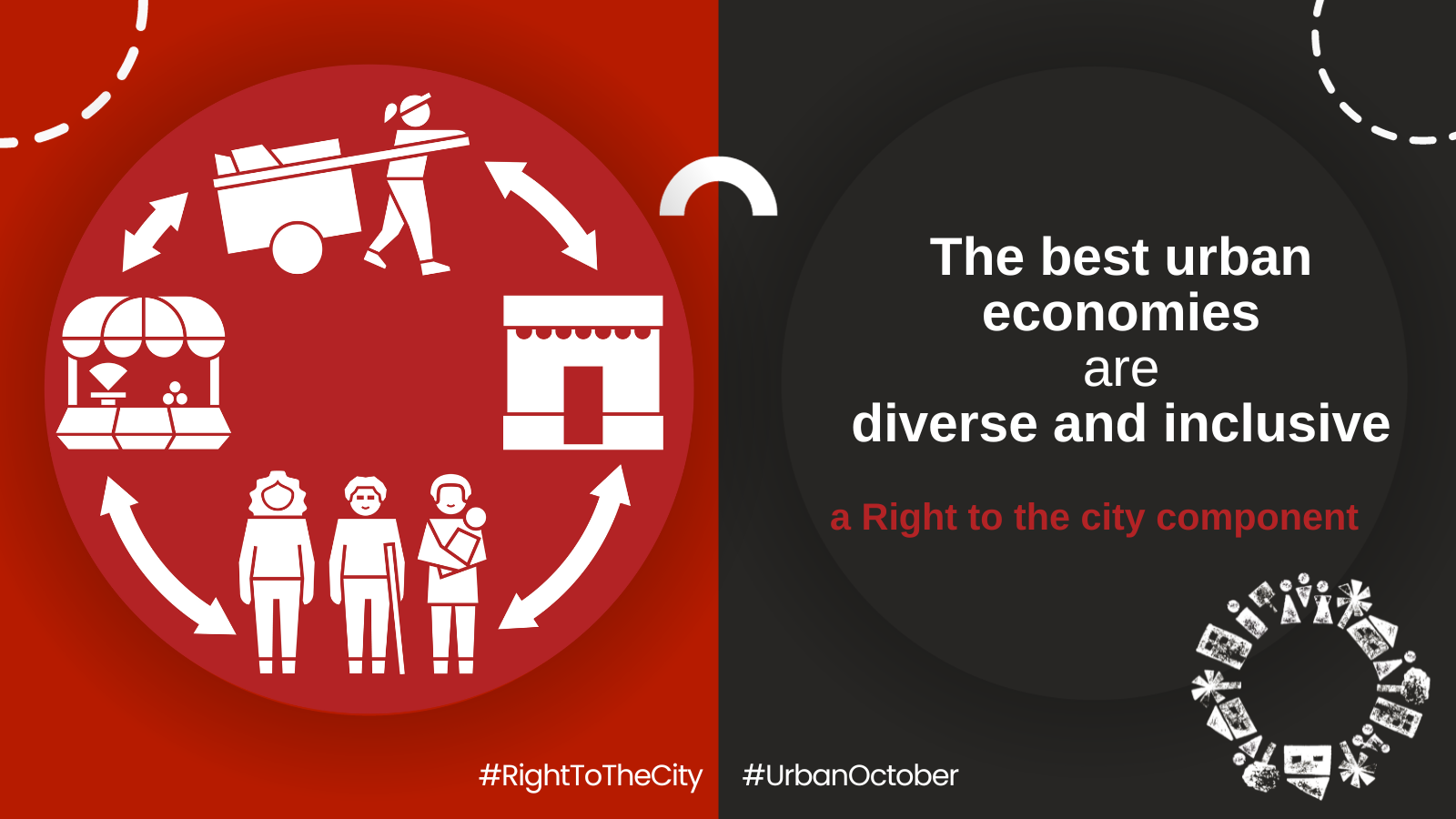
Joint Publication
Members and Allies Initiatives
On the occasion of Urban October 2023, the Global Platform for the Right to the City (GPR2C) calls for the promotion and support of diverse and inclusive economies, a component of the Right to the City, to achieve fair, inclusive, safe, and sustainable cities, towns, and human settlements, defined as essential common goods for a full and decent life.
The convergence of multiple crises, including the environmental/climate emergency and the deepening of socio-economic inequalities among and within countries, exacerbated by the combined effects of the COVID-19 pandemic, makes evident the need for a paradigm shift, particularly in terms of production models, consumption, and decision-making, towards economic models and systems based on a rights-based solidarity approach, which enhance the social and economic function of common goods, placing the care of people and the planet at the center.
Thus, on this World Day for the Right to the City, we will launch the collective document “Cities and human settlements with diverse and inclusive economies” to showcase alternative systems that ensure dignified livelihoods and work for all and contribute to the strengthening of community ties and environmental care.
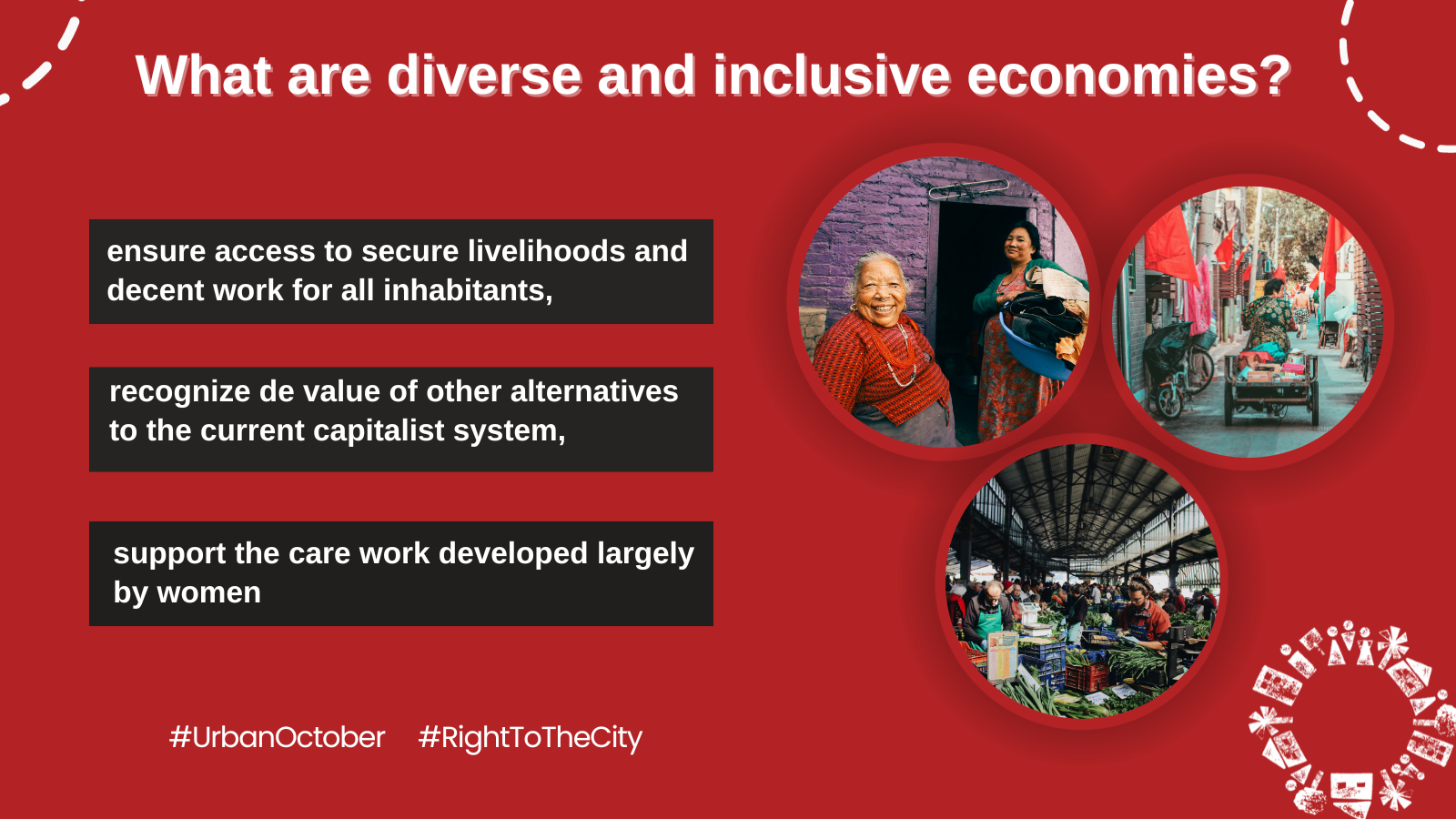
Diverse and inclusive economies correspond to one of the eight components of the Right to the City. Under the work of the Global Platform for the Right to the City, a city/human settlement with diverse and inclusive economies is defined as one that safeguards and ensures access to secure livelihoods and decent work for all inhabitants, recognizes de value of other alternatives to the current capitalist system, which include the values that represent the global desire for transformation (e.g. social and solidarity economy, care economy, informal/popular economy), recognizes and supports the domestic care and community work developed largely by women and ensures the full development of women and girls.
Through this framework, the Right to the City recognizes the importance of developing alternative forms and approaches to the current economic models fuelled by increased privatization and for profit trends, resulting in mounting inequalities and exclusion, worsening of life conditions and increased concentration of power and resources on the hands of a few, including the expansion of instances of corporate capture of public institutions. This means advancing towards other systems that are not based on maximizing profits, but on guaranteeing decent livelihoods and work for all, contributing to the strengthening of community ties and care for the environment. In this sense, this component has a key transversal role as it is central in protecting the collectively defined public and social interest, ensuring a just and environmentally balanced use of urban and rural spaces and common resources.
Parting from this general definition, three structuring pillars can be identified within the scope of diverse and inclusive economies. They directly relate to the notions described above and are further detailed below:
Our Joint Publication
Download the document here
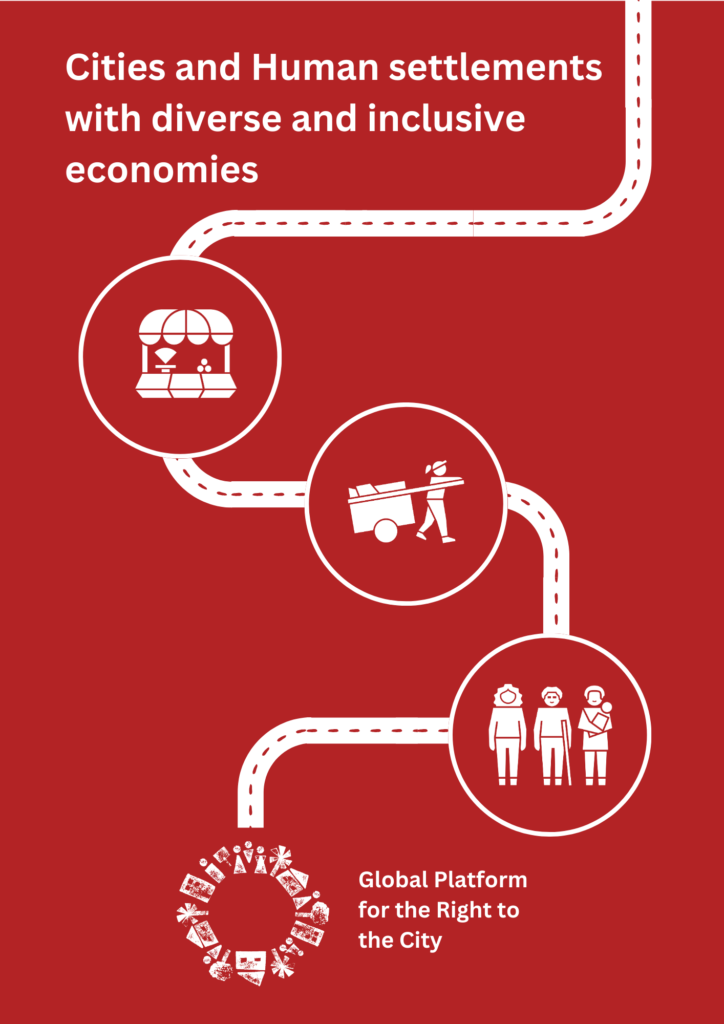
Online Event
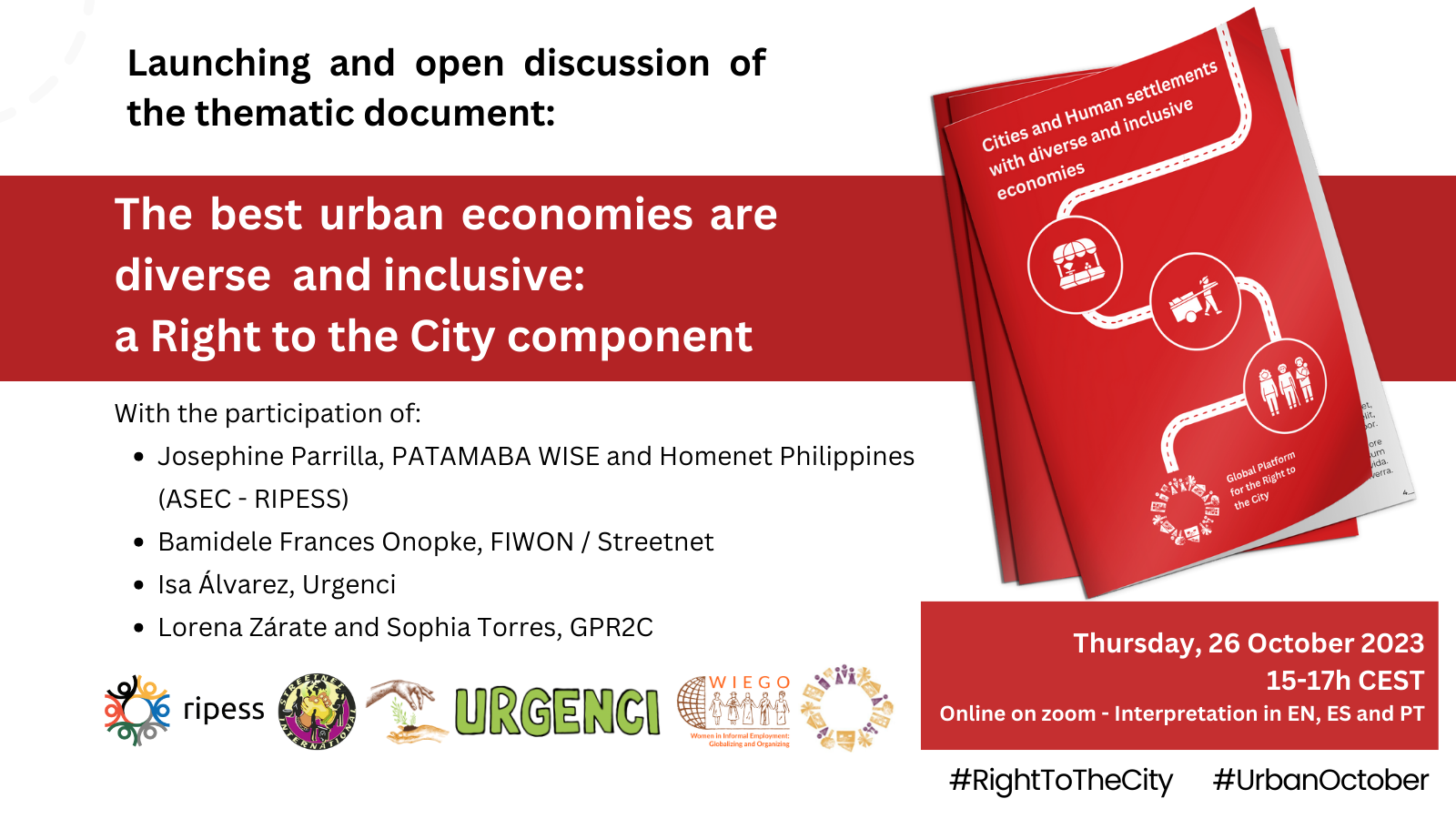
To mark the launch of the publication, the partners will be holding an online event on Thursday, October 26th, between 15h and 17h CEST (click here to check your local time). The event seeks to hold an open discussion on key pillars of diverse and inclusive economies under the Right to the City framework as portrayed in the publication, such as the Social and Solidarity Economy, the popular/informal economy and the care economy, identifying and discussing how to put forwards concrete actions at the local level to promote and leverage diverse and inclusive economies, and support those who drive them.
Diverse and Inclusive Economies Initiatives
Find out the following public policies and community-led initiatives that promote diverse and inclusive economies and their positive impacts on people and the planet:
Social and Solidarity Economy Initiatives
Experiencias de incidencia política con enfoque de género
Uruguay
Coordinadora Nacional de la Economía Solidaria / RIPESS
La Coordinadora tiene como líneas estratégicas: trabajar apoyando el desarrollo productivo; trabajar en las áreas de la intermediación, el fortalecimiento de las redes territoriales, promover la legislación relativa a la Economía Solidaria, las políticas públicas y el relacionamiento internacional.
Global
By: URGENCI
Repository of resources on Agroecology, Advocacy for Land & Food and community supported agriculture.
Europe
By: URGENCI
This Country Dossier handbook casts a spotlight on the legal and policy landscapes surrounding Community-Supported Agriculture (CSA) and Local Solidarity Partnerships for Agroecology (LSPA) across a diverse range of countries.
Campaign Food Crises and Systemic Change
Global
By: Fian International
It works through advocacy, formation and political incidence to promote the right to adequate nutrition to small farmers, popular movements and traditional communities around the world.
New York City, United States
By: Just Food
Through its network it connects small farmers to consumers by providing technical assistance and resources to “community supported agriculture” groups and facilitating access to healthy and affordable food to communities.
Agro-Ecology and Resilience Project
Senegal and Gambia
By: Action Aid
It aims at empowering women guaranteeing food sovereinty by using agroecology and disaster risk reduction (DRR) strategies.
Informal/Popular Economy Initiatives
Global
By: WIEGO
HomeNet Thailand and the Federation of Informal Workers (FIT) stepped in to facilitate informal workers’ access to COVID-19 vaccines, negotiating with the Ministry of Labour for vaccine access for 300 FIT members, including migrant domestic workers. The case can help exemplify the notion of commoning as a collective strategy to access public goods (vaccines) and services (health care).
Global
By: WIEGO
The Public Space for All project launched in 2018 to help city officials, informal workers and other stakeholders realize the potential of inclusive public spaces.
Latin America
By: Avina Foundation
It is a regional platform that articulates activities, financing and knowledge on inclusive reciclyng, strengthening circular economy models and the work of hundreds of waste pickers.
Global
By: WIEGO
The working paper examines different approaches that cities have taken towards the informal self-employed workers and their livelihood activities. After presenting recent data on the size, composition, and contribution of the informal economy, the paper highlights a series of actionable areas for urban change agents to make cities more inclusive and productive.
Global
By: ESCR-Net
A new pact will center human rights, people and the planet, grounding our social and economic relationships in a primary commitment to care. This new pact will reject economic growth as the dominant and only paradigm of development and understands that limitless economic growth and pursuit of profit are unsustainable for all forms of life. Building a feminist future necessarily entails transforming the world of social reproduction as a key step to dismantling the structural inequalities that prevent women from fully enjoying substantive equality and their wider economic, social and cultural rights.
Care Economy Initiatives
Instituto de Promoción y Formación de Trabajadoras del Hogar
Lima, Peru
By: Instituto de Promoción y Formación de Trabajadoras del Hogar – IPROFOTH / RIPESS
This is a platform with more than 40 years of experience in supporting domestic workers in Peru and is part of other networks for the positioning and political advocacy of domestic workers at the international level. One of these is WSM, with whom Ripess works hand in hand through the INSP!R Network, a platform in defence of universal social protection for workers around the world and especially in the global south.
Sistema Distrital de Cuidados, Bogotá
Bogotá, Colombia
By: Bogotá Municipality
Liderado por la Secretaría de la Mujer, el sistema articula diversos servicios para atender las necesidades de cuidado de manera corresponsable entre 13 sectores de la Administración Distrital, con especial atención a las personas que ya realizan tareas de cuidados. En particular, se destacan las “Manzanas del Cuidado” que concentran, en un solo espacio, servicios como casa de igualdad de oportunidades, lavanderías, jardines infantiles, centros de atención a personas con discapacidad, espacios de alimentación, espacios definidos por la comunidad, entre otros servicios de cuidado.
Global
By: ESCR-Net
A new pact will center human rights, people and the planet, grounding our social and economic relationships in a primary commitment to care. This new pact will reject economic growth as the dominant and only paradigm of development and understands that limitless economic growth and pursuit of profit are unsustainable for all forms of life. Building a feminist future necessarily entails transforming the world of social reproduction as a key step to dismantling the structural inequalities that prevent women from fully enjoying substantive equality and their wider economic, social and cultural rights.
Lima, Peru
By: Action Aid
The “common saucepans” is a spontaneous iniative created mainly by women in peripheral communities in Lima that contributes to the care economy and food sovereignty by promoting collective cooking systems in the community.
Proyecto de ley para el reconocimiento salarial de las cocineras comunitarias
Argentina
By: La Poderosa
La creación del Programa Nacional de Trabajadoras y Trabajadores de Comedores Comunitarios. Consiste en reconocer y otorgar un Salario Mínimo, Vital y Móvil a quienes desempeñen un rol como trabajadora o trabajador en comedores y/o merenderos populares.
Grassroots Women Community Caregivers’ Call to Action
by Huairou Commission, Inmujeres México, UN Women, and the Global Alliance for Care
We grassroots community caregivers and domestic workers call upon governments, international policy makers,
philanthropies, civil society and private sector to join us in advancing immediate practical actions that respect, resource and
compensate local caregiver constituencies and organizations for our leadership in fostering caring society and just
economies.
What is Urban October?
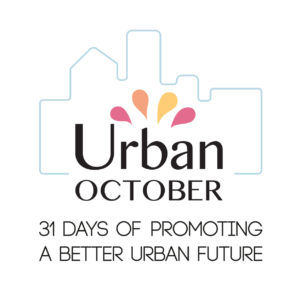
Urban October is a month of exciting meetings, discussions and events focusing the world’s attention on urban issues and sustainable development.
Individuals, organizations, cities, communities and governments at every level are encouraged to take part in activities that highlight the challenges and solutions relating to cities, towns and communities.
Every year, the month starts with World Habitat Day and ends with the World Day for the Right to the City.
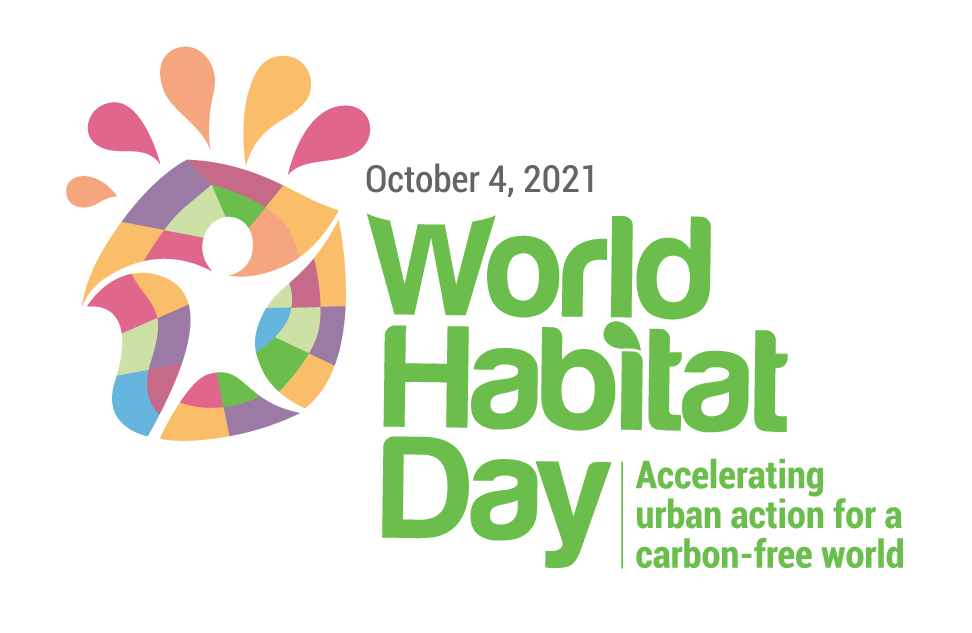
The United Nations designated the first Monday of October, this year it will be on October 2, as the annual World Habitat Day (WHD).
This year’s theme is “Resilient urban economies. Cities as drivers of growth and recovery“.
WHD also reminds us we all have the power and the responsibility to shape the future of our cities, towns, and communities.
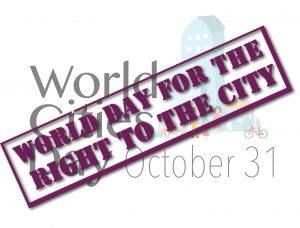
On October 31st, we celebrate the World Day for the Right to the City, reinterpreting the United Nations designation of World Cities Day.
We understand the Right to the City as: the right of all inhabitants, present and future, permanent and temporary, to inhabit, use, occupy, produce, transform, govern and enjoy cities, towns and human settlements that are just, inclusive, safe, sustainable and democratic, defined as common goods for enjoying life with dignity and peace.
About the Global Platform for the Right to the City
The Global Platform for the Right to the City (GPR2C) aims to inspire a better future for all human settlements. The GPR2C is an open, flexible, diverse network of civil society and local government organizations committed to political action and social change through the promotion, defense and fulfillment of the Right to the City at all levels, paying special attention to people and communities affected by exclusion and marginalization.
The GPR2C brings together social movements and organizations, academics, international networks, human rights defenders, NGOs, local governments and others to collaborate towards the emergence of new emancipatory utopias and social bonds in our societies. Together, we give visibility and build dialogue with those already existing worldviews to create new possible collective imaginaries.
The values that guide the GPR2C in forming new communities of emotion and action are: cooperation, collaboration, horizontality, transparency, accountability, equity, participation, people’s empowerment and solidarity.


